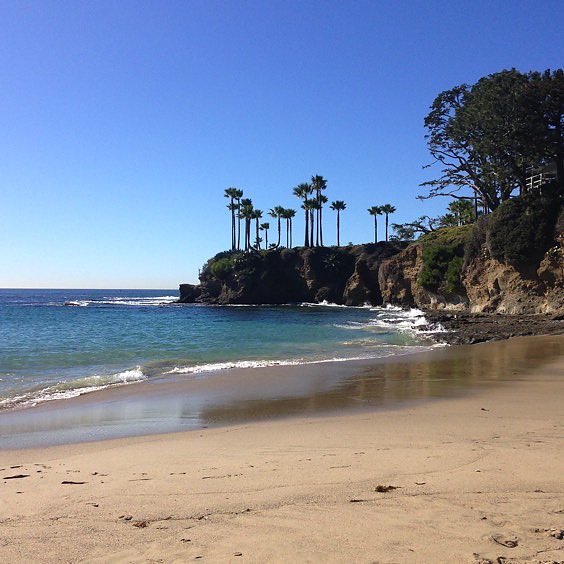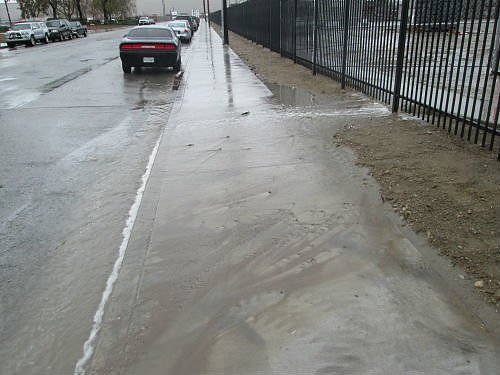
Reposted with permission from Orange County Coastkeeper Blog
Coastkeeper works to safeguard Orange County’s 42 miles of coastline and protect its invaluable fishable, swimmable, drinkable and sustainable waters. We are now the region’s principal steward of clean water, using the federal Clean Water Act and California Coastal Act to protect, preserve and restore Orange County’s coastal waters, rivers and streams.
Under the Clean Water Act, we hold local industries accountable for egregious water pollution and ensure industrial facilities comply with water quality standards. Recently, we collaborated with government and industry leaders to get scrap metal sites to clean up their act.
How Scrap Yards Can Pollute Our Water
 When rain falls on scrap metal yards, harmful metal pollutants wash into our waters. As a result of scrap yards’ failure to implement protocols to meet water quality standards, toxic pollutants like zinc, copper, lead and PCBs (polychlorinated biphenyls) regularly enter our streams, rivers, and coastal waters. High levels of these pollutants prevent our waters from meeting the standards necessary to support the activities we all enjoy, like swimming, kayaking, fishing and paddleboarding.
When rain falls on scrap metal yards, harmful metal pollutants wash into our waters. As a result of scrap yards’ failure to implement protocols to meet water quality standards, toxic pollutants like zinc, copper, lead and PCBs (polychlorinated biphenyls) regularly enter our streams, rivers, and coastal waters. High levels of these pollutants prevent our waters from meeting the standards necessary to support the activities we all enjoy, like swimming, kayaking, fishing and paddleboarding.
Using Policy to Clean Up Scrap Yards
After holding numerous scrap yards accountable for violating the Clean Water Act, Coastkeeper convinced the region’s largest scrap yard to join our efforts to improve water quality. Together, Coastkeeper, industry leaders and water quality regulators created a new sector-specific scrap metal permit to determine how scrap yards should manage stormwater pollution. The permit regulates storm water discharges from scrap yards to Orange County’s waterways, from the Santa Ana and San Gabriel foothills to our beautiful beaches.
Now, Scrap Yards are Redirecting Stormwater
 As a result of the sector-specific permit, scrap metal yards developed effective systems to prevent polluted stormwater from running into our waterways.
As a result of the sector-specific permit, scrap metal yards developed effective systems to prevent polluted stormwater from running into our waterways.
Now, stormwater from scrap yards flows to nearby facilities, which use the water to cool down machines that generate excessive heat. This solution puts stormwater to use, reduces pollution and saves scrap yards money by eliminating water treatment costs and offsets the need to buy clean drinking water to cool machines.
This new permit was so successful in redirecting stormwater and eliminating storm water pollution from scrap yards that state leaders have suggested adopting the permit for statewide implementation. We’re still researching the effects of this permit on the industry and storm water quality improvements to determine its potential to serve as a model and expand many of its components across California.
Scrap Metal Success is Just the Beginning
The positive results we’ve seen from this permit prove that collaborating to create new, industry-specific policy is an effective way to reduce local water pollution. This case marks a major success for Coastkeeper and local neighborhoods that can now enjoy safe, clean water – rain or shine.